There is a
clear divide in Malaysia today which is not often highlighted anywhere as I see
it. I am referring to the group that is
proficient in English and the other group which is not. Let me share my experience in having witnessed
this phenomenon as a teacher in the
system from 1960 to 1996 at the primary, secondary and college levels.
In the days
prior to the 60’s, it was not much of a problem. If one was good at English and had gone to an
English school (located only in the major towns ) one would be able to get a
“decent” job and earn something that could afford one a better life and
comfort. It was also a time when the
bulk of the Malayan population was rural based – in kampongs, rubber
plantations and in areas that fringe the secondary jungles. Not many really complained and life went on
with their lot in life.
Most of small
towns (pekans) and villages had vernacular primary schools (Malay, Chinese and
Tamil medium ) catering more for the rural folks in the countryside or the
rubber plantations. The Malay medium
schools were designated differently as Sekolah Kebangsaan (SK). The Chinese schools known as Sekolah Rendah Jeis Kebangsaan (C). Tamil schools were also desgnated as Sekolah Rendah Jeis Kebangsaan (T). This arrangement worked for the existing populace and demographics of the time. Such vernacular schools were also to be found in the major towns to cater for those who wanted their children to attend such schools which is a practice that is still prevalent. Besides these national, national type schools there were also "sekolah pomdoks" (literally "hut schools") that laid a heavy emphasis on Islamic studies to cater for the rural Malays of the time.
There was also an avenue for crossover from the vernacular schools the much esteemed English medium for the brighter kids. For Malays, they were offered places in the English primary schools after Std.V to do Special Malay Classes (SMC) for two years. Thereafter they proceeded to Form I in the English secondary schools after spending 7 years at the primary schools. For the brighter kids from Chinese and Tamil vernacular schools, the could opt to go to English schools but had to undergo a one year English intensive program iin what were called Remove Classes. After that, they went on to the regular Form II classes. In this way, all kids who came from the Special Malay and Remove classes were one year older than their other classmates.
There was also an avenue for crossover from the vernacular schools the much esteemed English medium for the brighter kids. For Malays, they were offered places in the English primary schools after Std.V to do Special Malay Classes (SMC) for two years. Thereafter they proceeded to Form I in the English secondary schools after spending 7 years at the primary schools. For the brighter kids from Chinese and Tamil vernacular schools, the could opt to go to English schools but had to undergo a one year English intensive program iin what were called Remove Classes. After that, they went on to the regular Form II classes. In this way, all kids who came from the Special Malay and Remove classes were one year older than their other classmates.

 |
| My Gymnastic Squad at Johol in 1960 |
| Boy Scouts of High School Muar 1960 |
This was about the time I myself began my teaching career at SRJK (I) Dato Undang Johol in 1960. My students there came from a pretty homogeneous background which were the villages and estates around "pekan" Johol. The only difference was that some parents preferred sending their kids to the vernacular schools already established there. It is my observation that the English medium kids exhibited a stronger personality and confidence than their counterparts in the vernacular schools. They out-classed them in both the fields of academics as well as extramural activities including sports.
This assertion was even true in Muar where my own English school stopped playing games against the vernacular schools there and preferred against other English schools in Melaka, Batu Pahat, Segamat and even Kluang. My football teams in Johol for instance constantly thrashed the Malay and Chinese medium schools not only in Johol but also in all the other rural schools I had taught in Negeri Sembilan. There was something about being in the English medium that gave these kids that extra confidence although they all came from similar backgrounds.
Thinking about this now, it dawns on me that the students from the English medium schools somehow grew up to be more confident of themselves irrespective of what careers they pursued in life later on. Call it superiority complex if you must but I have seen how my English medium students carried themselves eben in later life with their confidence and social graces. They have even passed such traits onto their own children and grandchildren.
Then in the 1970's this scenario underwent a gradual change. In accordance with the national language policy, the government slowly began to change the medium of instruction from English to Malay in all the primary and secondary schools. In this way the SRJK (I) and later the SMJK (I) schools were slowly phased out. The language change was made gradually starting from the first year in the SRJK (I) schools and in six years time and by the end of 1982 the English medium schools "died" or rather phased out. It was during this time that I was to witness firsthand the differences between the English as well as Malay medium students whom I had to teach. For five years we had Forms as well as Tingkatans under the same roof. When the last batch of Form Vs left the elimination of English schools became complete.
It was very obvious that the English medium students spoke fluent English compared to those from the Malay medium. They also excelled and took on leading roles in all extracurricular activities at school. As the school sports secretary I remember announcing trials / selections for various games and athletics - football, hockey, netball or whatever. Only the English medium students would "dare" to come forward to participate in the selection process. The Malay medium students would linger around and watch the "fun" but would rarely present or volunteer themselves for the selection process.
In this way, the bulk of the school games and athletic teams were dominated by the English medium students including posts like school prefects and head prefects. I remember one student ( his name was Ibrahim Saidon) who wrote a "surat layang" to the state education office complaining that Malay medium students were being sidelined and discriminated against. An official from the department indeed came to investigate and found the complain to be baseless. It was the Malay medium students themselves who had sidelined themselves. This notable difference in attitudes and better educational successes by the English medium students was baffling to me. Both groups were Malays who came from the same surrounding villages. The only difference in my humble opinion was the confidence and overall exposure and knowledge of the English language and nothing else.
When some of the brighter students from the Malay medium reached Tingkatan V many went on to take the Sijil Tinggi Pelajaran Malaysia (STPM) which also finally phased out the Higher School Certificate (A levels). By the way, hundreds, if not thousands, of Indonesian Science and Maths graduates were "imported" to teach the subjects in Malay. Some went on to the universities through, what was perceived as the easier route that is by taking matriculation courses in institutions like MARA Colleges and ended up in the university level studies notable at University Malaya and Universiti Kebangsaan which was started to accommodate the new all Malay medium students. These earliest graduate should be around 60 by now and many of them still carry that chip of inferiority complex in them.. I have many ex-students from this group too.
Following the government's action policies. these early Malay graduates climbed the ladders of power in their respective fields and very fast. Two years teaching and the graduate teacher became senior assistant and soon became the headmaster. So it was common to see a graduate become a headmaster hardly two years after graduation. To lecture at the MARA colleges and other higher institutions of the time even the teaching experience requirement was compromised. Of course, their English medium other Malay counterparts like Tan Sri Dr. Zeti Aziz too rose to higher positions.
This short write-up may be an over-simplistic analysis but the English and Malay language proficiency divide is here to stay. Coupled with feelings of over-nationalism and over-religious zeal this divide is even greater when put against the national multi-racial background. In 1976, I used to do part-time encyclopedia sales. I remember doing a cold call on a UKM professor who was living at Jalan Bukit in Kajang with the idea that a "highly" educated man like him would be more willing to buy my encyclopedia in English.. He stopped my presentation half-way and asked me why his kids should be reading about apples instead of rambutans. I replied that I could see rambutans right outside his house in the compound and his son could do the same but not with apples. This reply clearly angered him and visibly upset with my answer, told me to leave his house and reminded me that I had come uninvited. He was from the Malay medium judging from the way he spoke English...you know the Zainuddin Zam type of "Engerish" . Does this sort of attitude ring any bell in your head....I still hear such bells ringing very loudly.









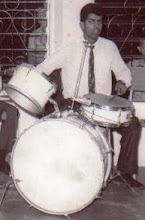

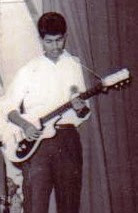


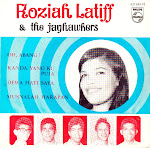





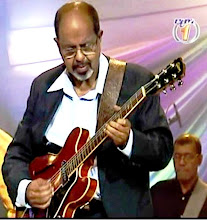


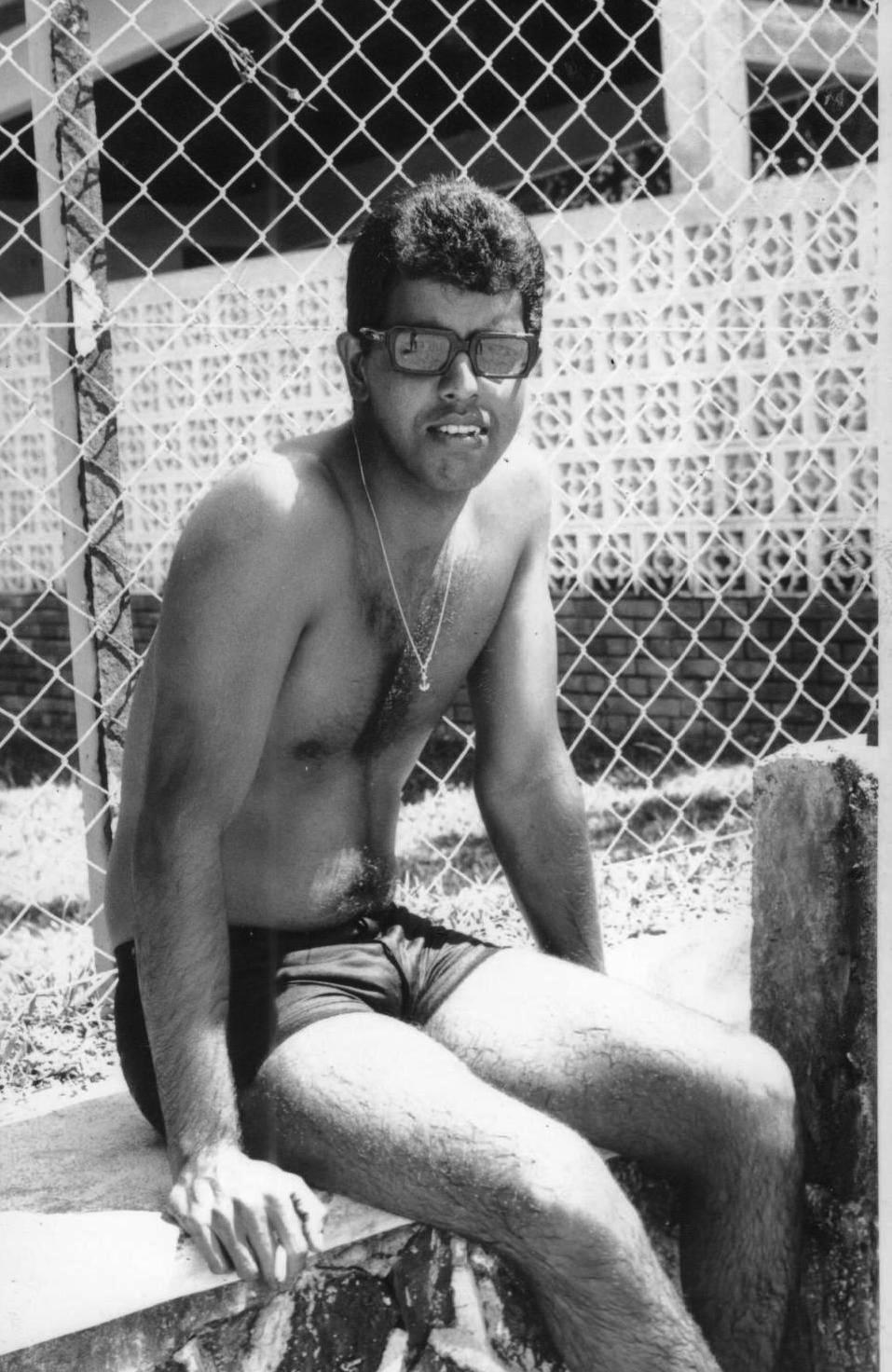
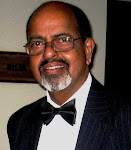


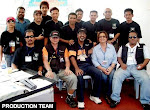
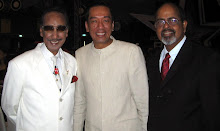

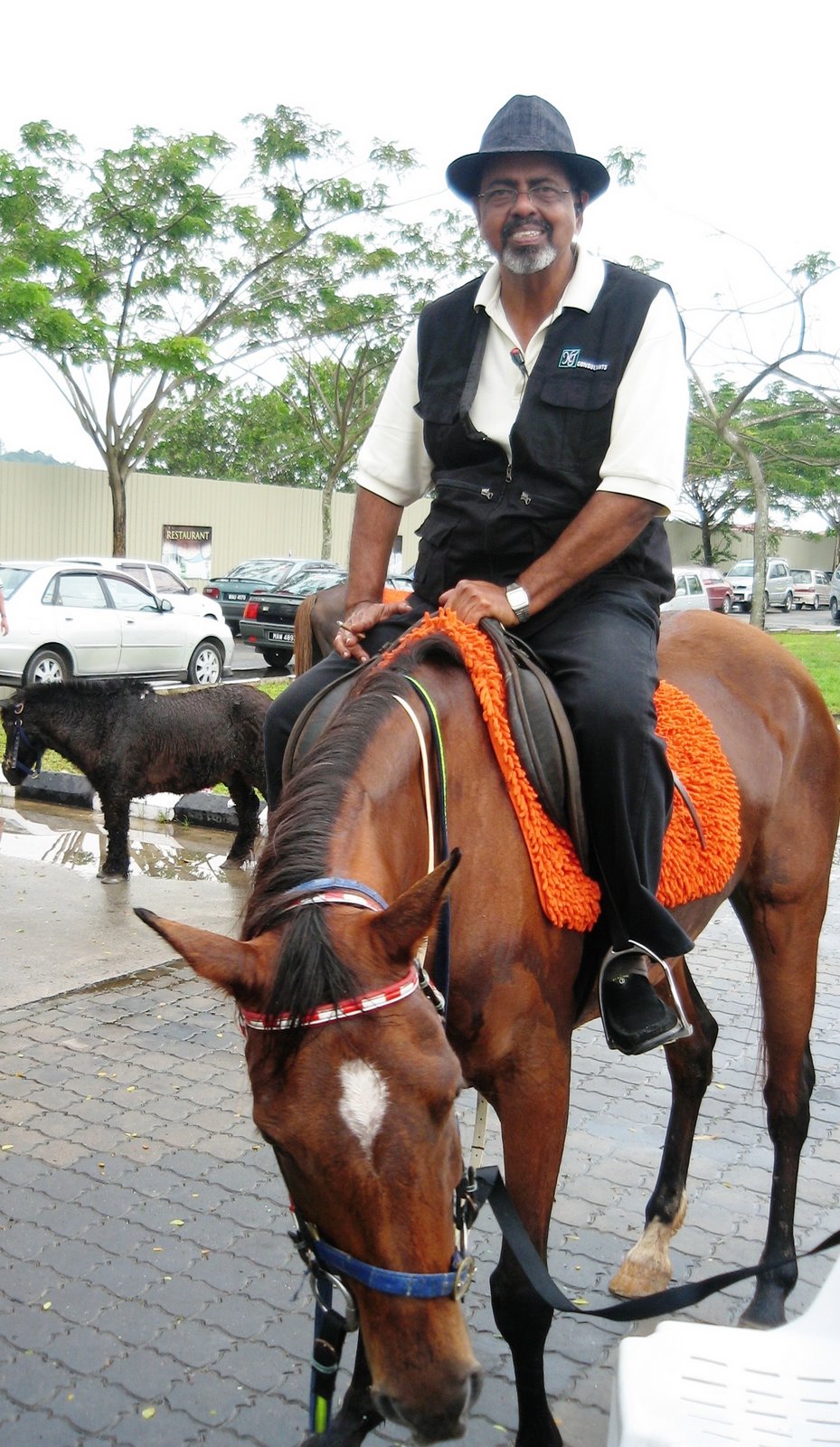







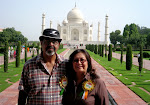



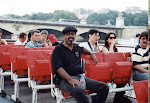

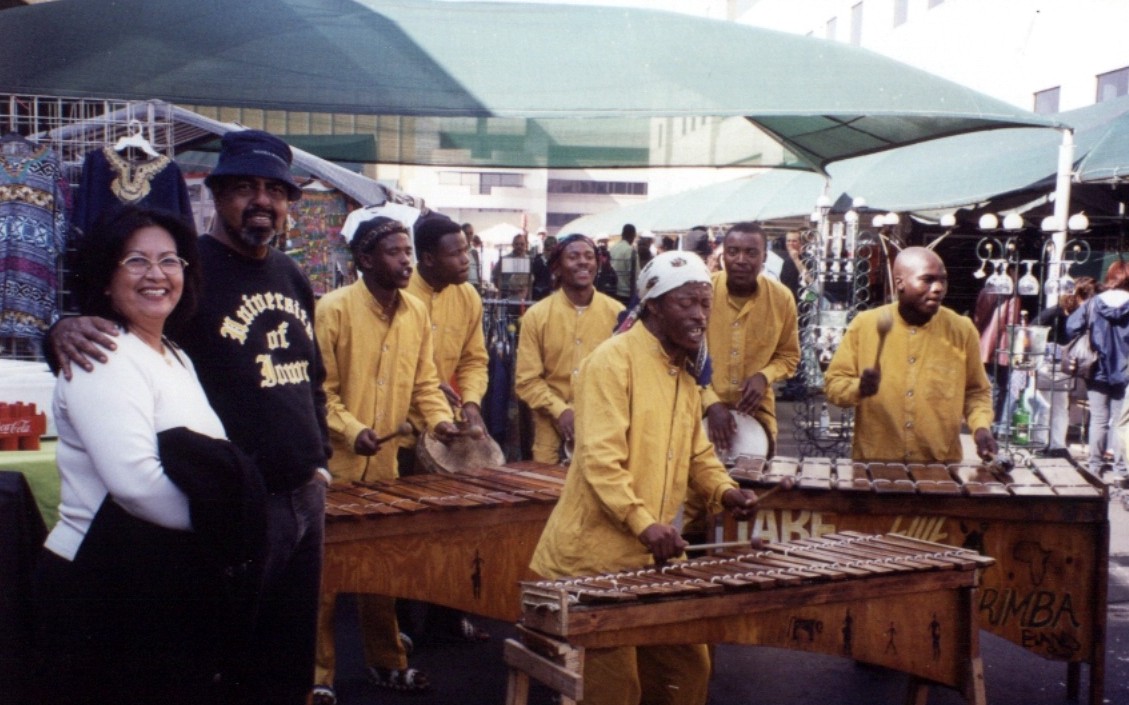

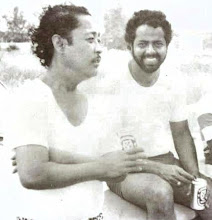
No comments:
Post a Comment